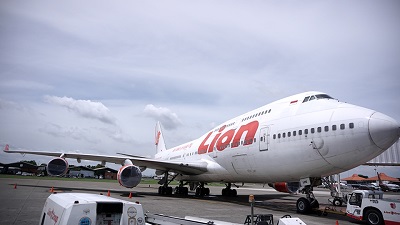Jakarta, (Asian independent) Three Boeing 737 Max 9 planes that belong to Indonesia’s budget airline Lion Air have been allowed to resumed flying after a temporary grounding following the Alaska Airlines incident earlier this month.
Transportation Ministry spokesperson Adita Irawati told reporters that following inspections, it was found that the three Boeing 737 Max 9 planes operating under Lion Air apparently had different configurations with the Alaska Airlines’ Boeing 737 Max 9 aircraft, which suffered an in-flight blowout earlier this month, reports Xinhua news agency.
“The door system is apparently different from the Alaska Airlines’s. We have inspected it, communicated with Lion Air and Boeing. They are allowed to fly again,” said the spokesperson.
This latest development comes as Boeing is facing a number of issues on its aircraft.
On January 5, the Alaska Airlines jet had a door plug blow out shortly after takeoff when the plane was at 16,000 feet, leaving a gaping hole in the side of the jet.
The mid-cabin door plugs the aircraft became dislodged following an abrupt depressurisation shortly after departure on January 5.
As a result, a piece of the fuselage was expelled at an altitude of 16,000 feet.
The plane, bound for Ontario, California, executed an emergency landing in Portland just 20 minutes after takeoff.
Two airlines that operate Boeing 737 Max 9 in the US — Alaska Airlines and United Airlines — later found either loose hardware or bolts in the assembly of door plugs on their aircraft.
The Boeing 737 Max has been described as “the most scrutinised transport aircraft in history” after a series of safety issues.
In late 2018 and early 2019, two of its aircraft were lost in near identical incidents, off the coast of Indonesia and outside the Ethiopian capital Addis Ababa.
A total of 346 people were killed in both the crashes which were caused by flawed flight control software, which ultimately forced the planes into catastrophic dives, despite the best efforts of the pilots.









